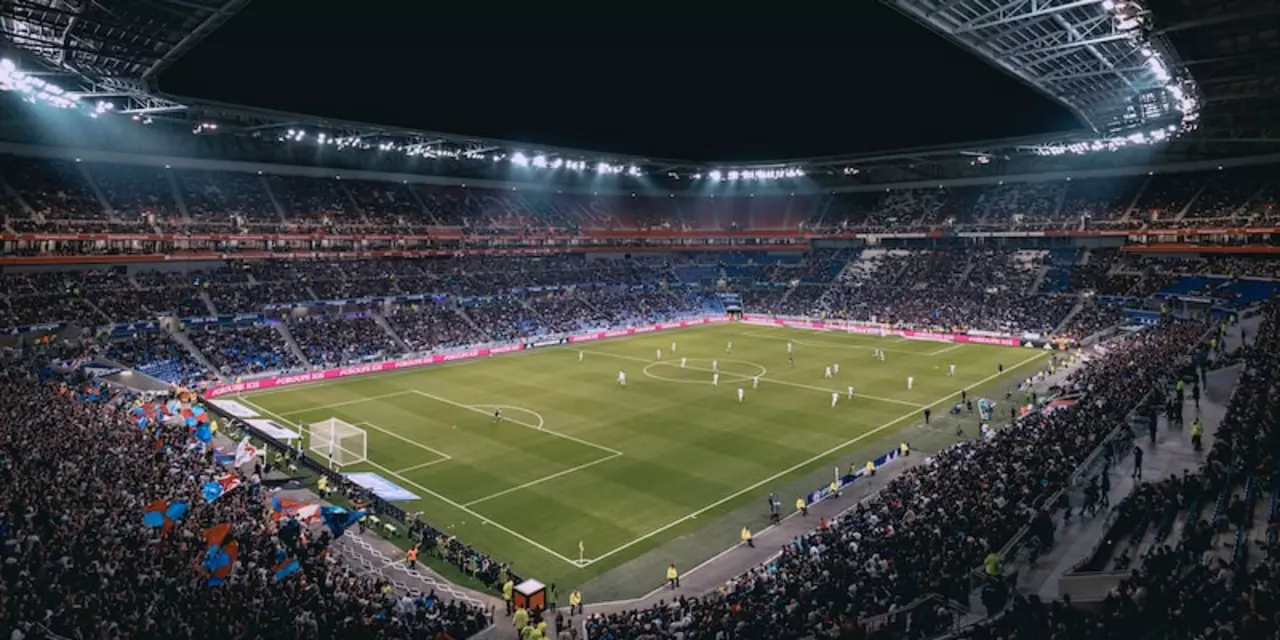Soccer – News, Tips and Gear for Halton Players
Welcome to the soccer hub for Halton Street Soccer & Futsal. Whether you chase a ball on a concrete court or a grass pitch, you’ll find quick updates, useful advice and gear tricks right here. Grab a drink, settle in, and let’s get you playing better.
Off‑Season Nutrition for Soccer Players
Most people think the off‑season means free‑food days, but elite players keep an eye on their plates. A balanced diet – lean proteins, complex carbs and healthy fats – helps muscles recover and stay ready for the next match. Think chicken, brown rice, sweet potatoes and a handful of nuts. You don’t have to go full‑blown athlete mode, but avoid junk that spikes insulin and then crashes.
Portion control matters more than total calories. A typical meal could be the size of your palm for protein, a cupped fist for carbs and a thumb for fats. Add veggies for vitamins and fiber. Hydration stays key; water and electrolytes keep you sharp on the field.
One trick pros use is a “cheat meal” once a week. It satisfies cravings without wrecking progress. Keep it moderate – a pizza slice or burger, not an entire feast. That little indulgence can boost mood and keep you disciplined the rest of the week.
Choosing the Right Soccer Cleats
Footwear can make or break a game. When you shop, think about the surface you play on. Firm ground (FG) shoes have longer studs for grass, while artificial turf (AG) shoes use shorter, more numerous studs for stability on synthetic fields.
Material matters too. Kangaroo leather is famous for being soft and lightweight, giving a great touch on the ball. It also molds to your foot over time, reducing hot spots. However, it’s pricier and raises animal‑welfare questions, so weigh the cost against the feel.
Synthetic uppers offer durability and are usually cheaper. They dry faster, which is handy if you play in rain. Look for a snug fit – no sliding, but also no pinching. Try them on with the socks you normally wear and move around to test grip.
Finally, replace cleats when the studs wear down or the shoe feels loose. Worn studs lose traction, increasing the risk of slips. A good pair can last a season, but keeping an eye on wear saves injuries.
Beyond diet and boots, staying informed about the game helps you improve faster. Recent headlines, like Rangers’ manager controversy or world‑cup budget talks, show how off‑field issues can affect player morale. Knowing the bigger picture keeps you connected to the sport’s culture.
Keep checking this page for fresh soccer stories, training tips and gear reviews. Got a question about nutrition or cleats? Drop a comment and we’ll sort it out together. Play hard, stay healthy, and enjoy every moment on the pitch.

